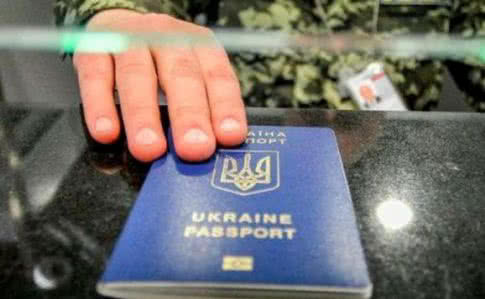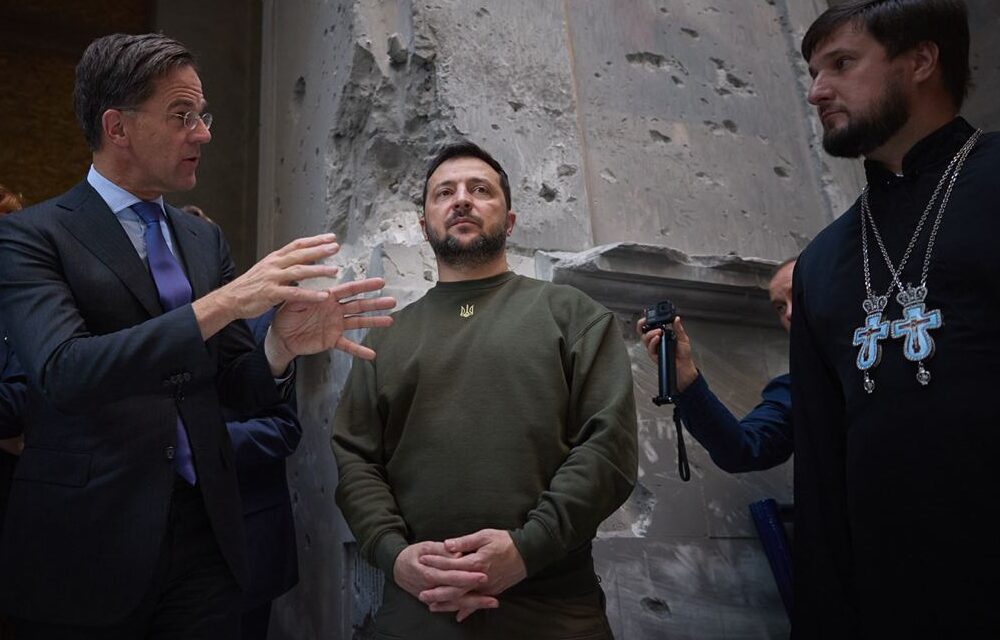Ukraine’s greatest victory won’t come on the battlefield alone. It will come from proving that democracy can survive an existential war.
That principle is being tested in Odesa. On 14 October, President Volodymyr Zelenskyy revoked the Ukrainian citizenship of Odesa’s long-time mayor Hennadii Trukhanov, after confirming he held a Russian passport. The move instantly ended Trukhanov’s 11-year rule over Ukraine’s largest port city and replaced him with a military administrator.
Few will mourn Trukhanov’s downfall.
His record is steeped in allegations of corruption, illicit wealth, offshore companies, and links to organized crime. Yet, how he was removed should worry anyone who believes Ukraine’s democracy must emerge from this war intact.

Rights expert: Zelenskyy’s Odesa decree strips citizenship with no legal recourse—and millions are at risk
A necessary caution
The Constitution guarantees Ukraine’s communities the right to elect their local authorities and limits state interference to moments of emergencies. Odesa, though scarred by drone and missile strikes, does not meet that definition. The city functions; it is not under siege.
Yet by presidential decree, its elected government has been dissolved and replaced by a military administration: a step defensible on the front line but harder to justify in a city of one million that still lives, works, and votes.
The war has already concentrated unprecedented power in the presidency.
Some of that centralization was inevitable. But what begins as a necessity can easily harden into habit. If every political inconvenience becomes a “security issue,” Ukraine risks losing the very distinction that separates it from the aggressor it fights.
Selective justice
Trukhanov’s Russian citizenship was not a new revelation. The issue surfaced repeatedly over the past decade, yet nobody did anything. The security services that had ignored it for years suddenly rediscovered their vigilance in 2025.
That selective awakening raises fewer questions about Trukhanov’s guilt than about Kyiv’s consistency.
Odesa city councilor Petro Obukhov warned that replacing an elected mayor with a presidential appointee—a brigadier general from the Security Service (SBU)—hands civilian governance to a general, a man trained for command, not for the intricate routines that keep a city running. He noted that Odesa didn’t elect a general to run its heating, transport, or urban restoration programs.
Even in wartime, local self-government is not a luxury; it is the daily machinery that keeps society functioning.
Bad mayors don’t justify bad methods
Trukhanov’s corruption record is well-documented. The problem is that Ukraine’s institutions failed to deal with it through legal channels. Multiple investigations, including charges involving millions of dollars in alleged losses, produced no convictions.
In a state governed by law, justice is not achieved by decree when due process proves inconvenient.
Celebrating this particular removal may therefore be shortsighted. A system that can arbitrarily strip one mayor of citizenship can do the same to anyone the executive finds troublesome.
As Odesa’s council noted earlier this year, another local official with clear Russian ties continues to serve with impunity. That inconsistency suggests political selectivity, not the rule of law.
The deeper failure
Beyond procedural concerns lies a deeper failure of statecraft. Citizenship is not an administrative convenience but the legal bond between individual and state—the foundation of mutual obligation and protection.
By canceling Trukhanov’s citizenship, the state has effectively admitted its own failure: the inability to prosecute corruption through institutions, the failure to enforce security, and finally, the resort to the most extreme administrative measure—severing the legal relationship itself.
Technically, citizenship revocation does not preclude further prosecution. But it signals something worse.
Ukraine is at war, and wartime demands that the state expand its bonds with citizens, not vice versa. Every connection should be leveraged for unity and victory. Instead, Kyiv has chosen to shrink its body politic: to dissolve rather than discipline, expel rather than prosecute.
A state fighting for survival should forge cohesion, not demonstrate that it can arbitrarily sever the most fundamental bond it has with its people.
The consequences reach far beyond Trukhanov. Suppose the state shows that the answer is to dissolve the citizen when institutions fail. In that case, it teaches the wrong lesson: that law is secondary to convenience, and a decree can nullify loyalty. We all know who is who—then prove it in court.
What Ukraine really needs
Ukraine’s European future depends on fighting corruption and proving that power obeys the law. The EU will not embrace a candidate state in which presidents can dissolve elected local governments.
The moral foundation of Ukraine’s war lies in its difference from Russia: the conviction that power must obey law.
If Kyiv cannot uphold that standard, it risks undermining the very legitimacy for which Ukrainians are dying.
Selective justice may remove a corrupt mayor, but it leaves the system untouched—a system that for years protected the powerful while accountability remained a mirage for ordinary citizens. Until the law applies equally to everyone, the same impunity that shielded Trukhanov will find new beneficiaries in uniform or office.
Trukhanov likely deserved to lose his post. But Ukraine deserves a system where that happens through transparent courts or, better yet, through elections. The method matters as much as the outcome.
Wartime powers that seem temporary rarely vanish when the war is over, and the habits of governance formed today will define Ukraine’s post-war democracy.

